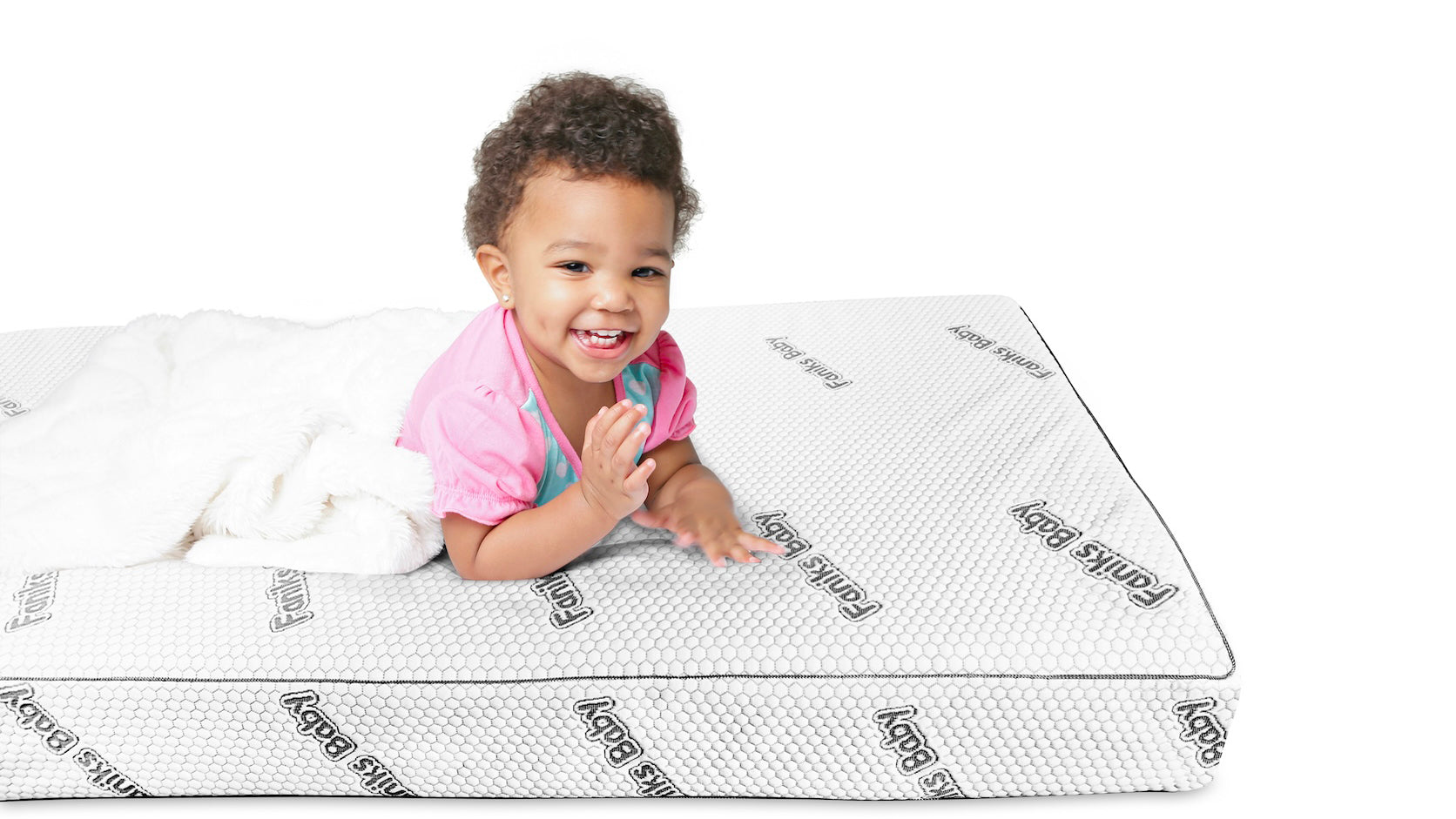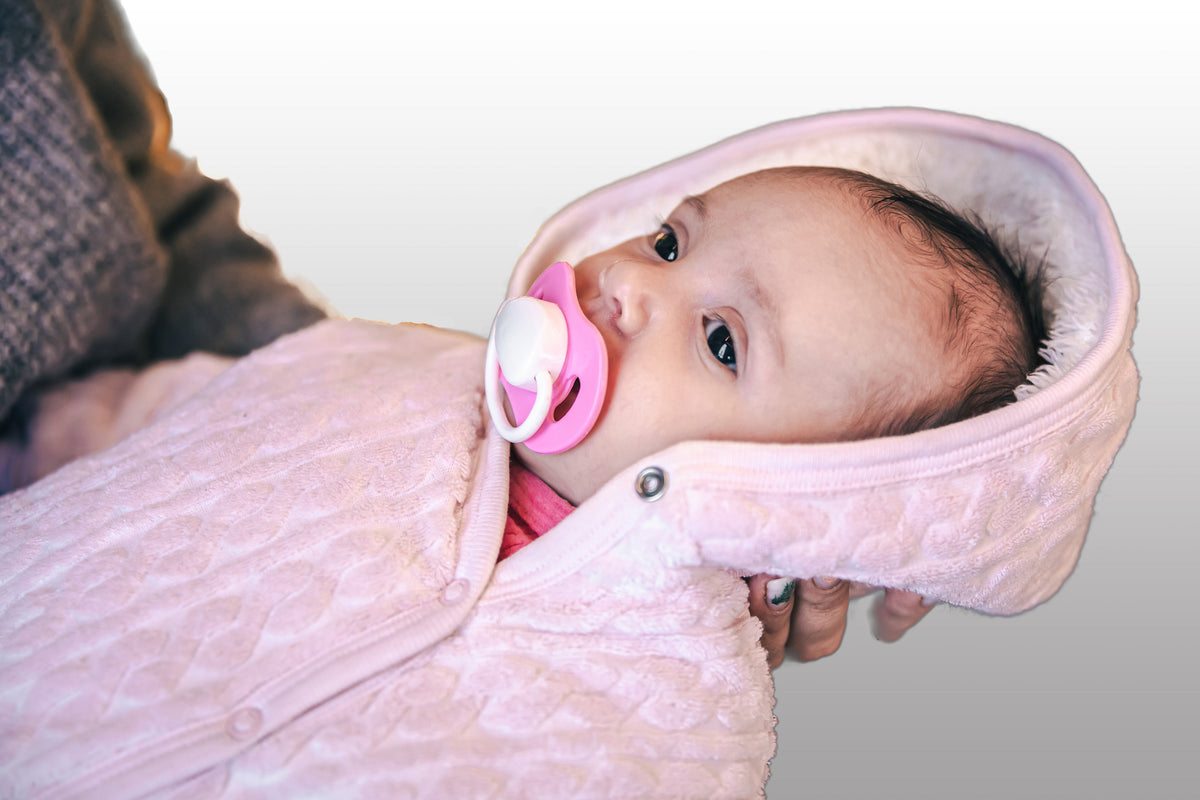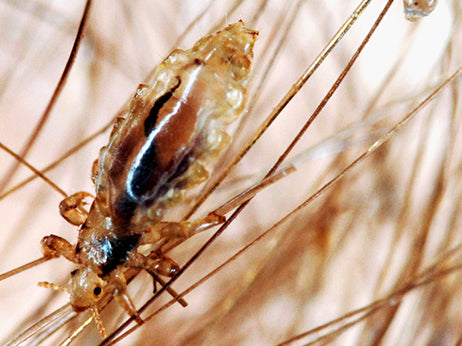
Tips to Help Your Child Sleep Better.
TIPS TO HELP YOUR CHILD SLEEP BETTER.
Early to Bed, Early to Rise.
Most school-age children will need an average of 10 hours of nighttime sleep. If they have to wake up by 6 am to get ready for school, they will have to be in bed by 8 pm to get the recommended 10 hours of sleep that they need.
Click here to see how much sleep your child actually needs.

Start a Strict Sleep Schedule.
Start a strict sleep schedule and stick to it. Bedtime starts before getting on the bed. Set your alarm or music routine to start 30 minutes before bedtime.
Go to bed and wake up at the same time each day—even on weekends. If they want to sleep late and sleep in on weekends, don’t adjust your strict sleep schedule for longer than one hour.
Note that afternoon naps can boost your child’s brain power, but naps after 3 pm can make it harder for your child to fall asleep at night. Also, keep naps to under an hour.
Shadows and Shades are Your Friends.
Shadows and dimness allow your body to release melatonin, the hormone which causes your child to feel sleepy. But the hormone’s drowsy effect doesn’t start until after 30 minutes.
Remember that bedtime doesn’t start on the bed. Bedtime starts with turning off the lights after dinner.

Trick your brain: Turn off or dim the lights 30 minutes before bedtime. Children don’t have to brush their teeth in a brightly lit bathroom. Keep your child’s bedroom dark. Use blackout curtains and don’t have more than one dim night light in the bedroom.
No Phone or IPad on the Bed.
Keep electronic media devices out of the bedroom. (televisions, laptop computers, iPad, smartphones) shouldn’t be in your child’s room for optimal sleep and should be switched off at least 1 hour before bedtime.

Social media isn’t sleep media. Stop the habit of scrolling through YouTube feeds and social media on the bed.

Keep Bedroom Cool and Comfortable.
Keep your child’s room cool and comfortable. Please think of the ocean. Think how easy it is to be lulled to sleep by the cool breeze and the pulsatile crash of waves on the shores of a beach on a moonless night. Try to make your child’s room like that. It also helps to get a mattress with breathable foam core and ideal firmness for your child.
If you can’t, you should at least open the windows once in a while to let in some fresh air. You should keep the temperature below 72 degrees and add a warm blanket. It would help to use a humidifier when the room is dry and replace the soothing ocean waves with the white noise from the hum of a blowing fan, that isn’t blowing directly on your child, which will also improve air circulation. Children, too, need pillows. Remember to keep the bedroom quiet and dark. Do these and see what happens to your child’s sleep.
Light up with Sunshine.
Think of sunlight as life’s battery charger. Your child’s battery needs to be charged every day. Make sure your child gets at least one hour of sunlight daily.
Just as melatonin is released with darkness, cortisol is the hormone released with sunlight. Get natural light exposure first thing in the morning; this will cause your body to produce cortisol, which wakes your body and brain and prevents your child from feeling sleepy all day.
Get the Body Moving.
Children should be active all day. Make sure your child isn’t watching Disney or “Baby Shark,” on YouTube, all evening after school.
Switch off the TV and let them play “hide and seek” or “Simon says.” Better still, send them outside with a ball to get in a final 30 minutes of light exercise and outdoor activities between 4 and 6 pm before it gets too dark.
A warm shower before bed relaxes your muscles and helps your child feel sleepy.
Note that for adults, exercise shouldn’t be later than 1 hour before bedtime. But children can handle activities up to 30 minutes before their bedtime.

Avoid Caffeine and Alcohol.
Caffeine and alcohol are for grown-ups. The stimulating effects of caffeine in certain soda and tea, and chocolate can sometimes last more than 4 hours before it completely wears off, so avoid these for your children.
Alcoholic drinks are only for adults and shouldn’t even be taken before bedtime. Although a “nightcap” glass of wine may help you fall asleep, it’s often not a deep, restful sleep, and you usually wake up in the middle of the night after the sedating effects have worn off.

Avoid Heavy Meals and Drinks at Night.
Avoid large, fat-heavy dinners that may cause indigestion and interfere with sleep. Drinking too much fluid at night can cause a child to awaken frequently to urinate.
Dinner should be at least 2 hours before bedtime. Don’t send your child to bed hungry; if necessary, a light snack (such as fruits and cookies) may be given 1 hour before bedtime.
Drinking milk at bedtime is overrated for children older than two, who can get sufficient calcium and vitamin D from other non-dairy sources such as fruits, vegetables, and sunlight, without getting the indigestion, reflux, and poor sleep that often come with milk at bedtime.
If possible, avoid medicines that may affect your child’s sleep. Some coughs and cold medicines may disrupt sleep patterns.
If you’ve tried all the suggestions above and your child is still having sleeping difficulties, you should look for underlying stress and health issues that may be disrupting your child’s sleep.
Stress:
Stress from anxiety and depression will often cause sleeping difficulties in teenagers. Stress may even come from what your child is watching on television. Violent and scary movies can be stressful and disruptive for some children. “Sweet dreams begin with sweet thoughts.”
Health Issues:
Health issues such as snoring and breathing difficulties often disrupt a child’s sleep.
You should take your child to the doctor to probe into these underlying stress and health issues that may disrupt your child’s sleep.
Your baby’s comfort is our mission
Also in Parenting

HOW MUCH SLEEP DOES MY CHILD NEED ?
How much sleep does my child need ? Every child’s sleep need is unique and different from other children, and the sleep needs of a child changes as they grow.

Ten reasons to give your baby a pacifier.


